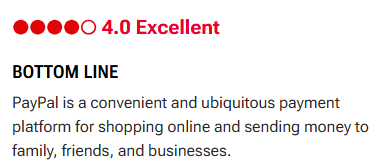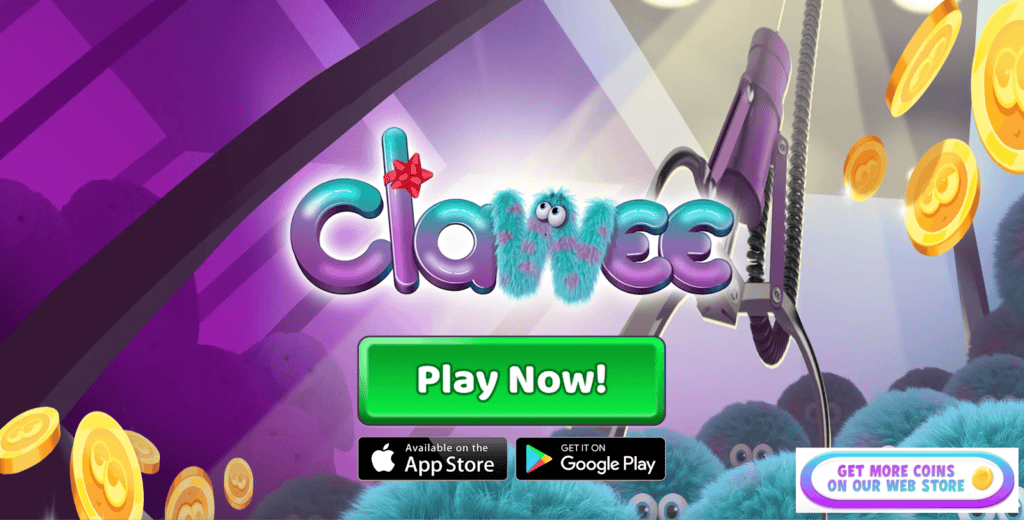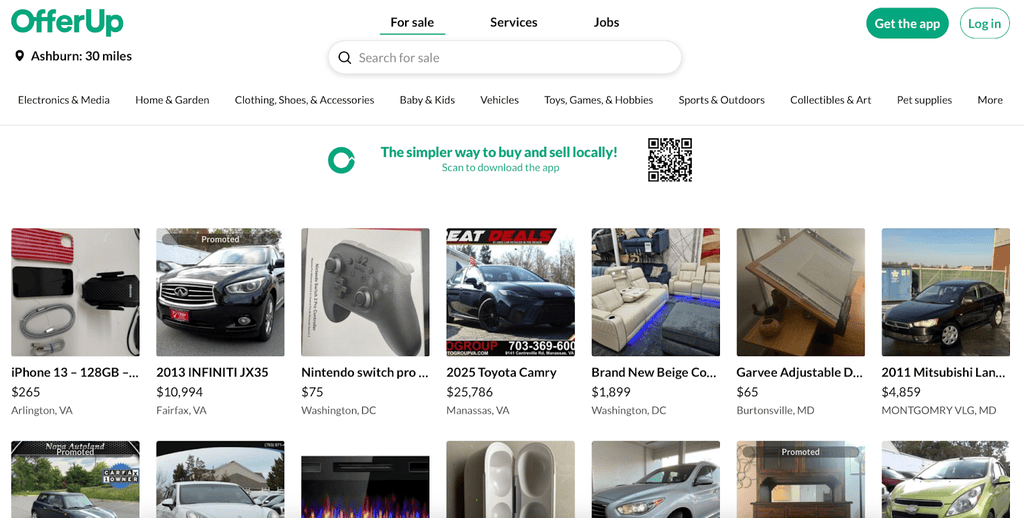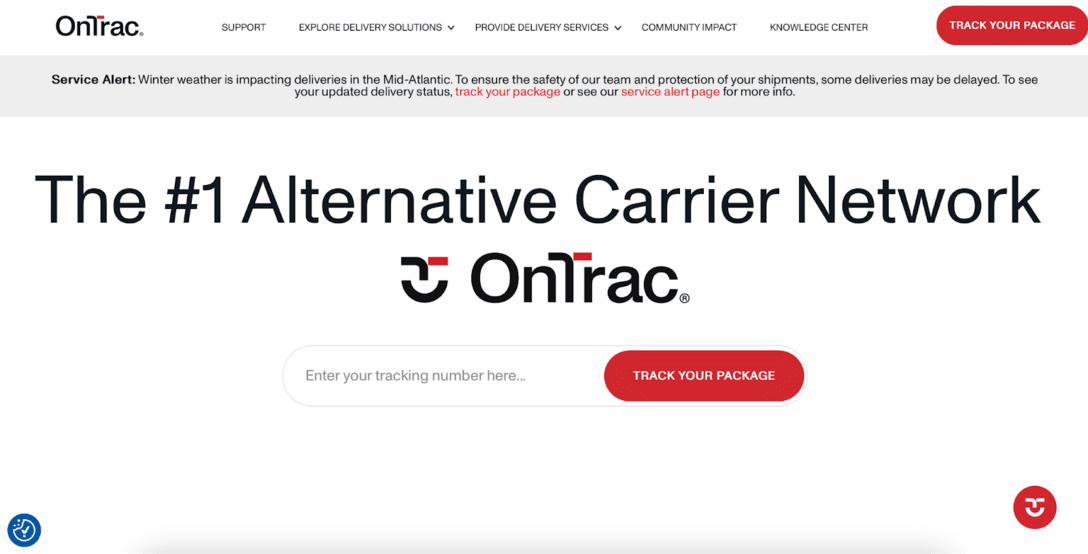Is PayPal a Scam?
Laura Martisiute
Reading time: 9 minutes

Table of Contents
If you’re thinking of using PayPal, you need to know: Is PayPal a scam?
Below, we explain whether PayPal is a scam and discuss some steps you can take to improve your safety when using this platform.
What Is PayPal?
PayPal is a platform through which individuals and businesses can send and receive money online.

With PayPal, you can send money to others using just a phone number or email address. And because PayPal can handle conversion fees, you can send or receive payments in different currencies.
You can also use PayPal to shop online, as many online stores accept PayPal as a payment method.
Businesses can use PayPal’s additional tools, like invoicing, subscription billing, and website checkout integrations.
Is PayPal a Scam?
No, PayPal is not a scam.
It’s a legitimate digital payments platform that’s been around since the late 90s and is used by hundreds of millions of people globally.
Third-party publications rate PayPal favorably.
For example, PCMag gives PayPal a rating of 4.0 out of 5.0 stars (“Excellent”). The only cons noted are that there are few in-store payment options and that PayPal lacks in-app NFC functionality.

Similarly, CNET gives PayPal a rating of 8 out of 10.
User reviews of PayPal are mixed:
- 1.3 out of 5.0 stars (from 33,591 reviews) on Trustpilot.
- 4.7 out of 5.0 stars (from 25,765 reviews) on Capterra UK.
- 2.0 out of 5.0 stars (from 481 reviews) on REVIEWS.IO.
- 1.1 out of 5.0 stars (from 5,128 reviews) on Consumer Affairs.
- 4.3 out of 5.0 stars (from 3,444,259 reviews) on Google Play.
Reviews are also mixed on online forums like Reddit.
Some people claim PayPal randomly restricted their accounts for no reason.

On the other hand, others say that as long as you use PayPal for legitimate purposes, you should have no problems.

PayPal is Better Business Bureau accredited and has a “B+” rating.
It also offers Buyer Protection and Seller Protection.
With Buyer Protection, if the purchase you make through PayPal doesn’t come or doesn’t match the item description, PayPal will reimburse you.
With Seller Protection, if you get an unauthorized payment (e.g., from a hacked account) or a buyer says they didn’t receive their item, PayPal may cover you for the full payment amount.
Security
In its privacy policy, PayPal has a security section that briefly explains the kind of security controls it has implemented.
These include firewalls, physical access controls to their data centers, data encryption, and information access authorization controls.

In 2022, PayPal experienced a breach where criminals accessed nearly 35,000 user accounts through a credential-stuffing attack. Sensitive information, such as names, addresses, tax identification numbers, Social Security numbers, and dates of birth, were exposed.
PayPal said that its own systems were not compromised but responded by notifying impacted customers, requiring password resets, and offering two years of free identity monitoring services.
New York regulators fined the company $2 million as a result.
Privacy
Below, we look at some of PayPal’s privacy features and its privacy policy.
Privacy features
You can control what information PayPal users see when you send a payment.
For example, while the recipient will see your name and profile pictures (plus any comments you left), you can choose whether you also want them to see your address.
The recipient will see your name, profile picture, and email when sending a PayPal payment request.
If you shop using PayPal, the business will see your name, phone number (if they need to contact you), email, and address (in the case of physical items). It will not see your credit card details.
Privacy policy
PayPal details the kind of personal data it collects, why, and with whom it shares it in its privacy policy.
PayPal collects a lot of information, including:
- Personal identifiers, e.g., your name, address, phone number, and email.
- Records and financial information, e.g., bank account number, routing number, credit/debit card information, amount you send/request, and other financial information.
- Transaction and experience information, e.g., online shopping cart information, shopping activity, goods/services considered on Partners and Merchants sites, and purchase history.
- Geolocation, i.e., IP-based geolocation data (with your consent).
- Internet or network activity, e.g., interactions with PayPal’s services, the date and time you used the service, and the IP address.
- Biometric data, e.g., voice identification, photo identification, or face scans.
- Audio, electronic, visual, or similar information, e.g., call recordings when you interact with customer service.
- Professional or employment information, e.g., job title, contact emails, and phone numbers.
- Imported contact information, e.g., name, address, phone number, images, email address, or usernames associated with the contacts.
- PayPal account profile information, e.g., username, gender, profile picture, and personal description.
- Information you provide when you contact PayPal, e.g., survey responses, recorded conversations, email correspondence, and repayment history.
- Inferred data, e.g., your preferences and shopping behavior.
- Characteristics of protected classifications, e.g., age, date of birth, national origin, citizenship, disability, military status.
- Sensitive personal information, e.g., Social Security number, credit and debit card information, voice identification, and precise geolocation.
- Information from your device, e.g., language settings, operating system, and screen resolution.
PayPal uses this data to provide and operate services (payments, Visa+, receipts via Zettle, credit assessment), manage fraud and risk, improve products, and comply with laws. It may also use it for marketing and personalization purposes and location-based features (if precise location is allowed).
The platform may share your data with excluded services (e.g., Venmo), authorities (if required to do so by a legal procedure), other financial institutions (to jointly offer a product), card networks and payment processors, fraud prevention and identity verification agencies, credit reporting and debt collection agencies, service providers, other PayPal account holders (to complete transactions and in accordance with your account settings), linked accounts, partners, merchants, other third parties (e.g., security services and advertising platforms), and in connection with a business transfer (e.g., merger).
It says it does not sell your personal information to third parties for money. It also doesn’t share it for cross-context behavioral advertising.
However, PayPal may share customer insights, sizes, and preferences with partners and merchants to personalize your shopping experience.

PayPal retains general account data for the relationship duration plus 10 years (longer if law or litigation requires) and biometric data for the purpose collected, and no more than 3 years after account closure unless the law says otherwise.
Terms of Service; Didn’t Read (ToS;DR), a community project that analyzes the terms of service and privacy policies of internet services, Gives PayPal a “Grade E.”

This means that “The terms of service raise very serious concerns.”
The main concerns include the following:
- PayPal tracks you even when you opt out of tracking.
- PayPal collects a wide range of personal information, including biometrics.
- PayPal requires you to provide your personally identifiable information.
- Instead of asking, PayPal assumes your consent from your usage.
- PayPal gets information about you through third parties.
- PayPal combines your profile across different products.
- PayPal receives your location through GPS coordinates.
The Common Sense Privacy Program, which rates internet services’ privacy policies, gives PayPal a rating of 43% out of 100%. This is a “Warning” rating, meaning that PayPal “Does not meet our recommendations for privacy and security practices.”

Policy updates
In 2024, PayPal updated its privacy policy to allow the sharing of user data with third parties for marketing and “personalized shopping experiences.”
This change was particularly controversial because many users were opted in automatically without explicit consent.
So, Should You Use PayPal?
Depends on how much you value your privacy.
It’s a convenient payment platform for online shopping and sending/receiving money. However, it does collect a significant amount of data.
How to Use PayPal Safely and Privately
- Create a strong password. Make it unique and avoid reusing it elsewhere. Consider getting a password manager to make the process of generating and storing passwords easier.
- Limit personal information. When creating and using your PayPal account, share only the personal information that’s necessary. Avoid giving out optional details unless strictly needed for specific transactions/features.
- Create a separate email address. This will keep your primary inbox clean of spam and protect your identity in case of a leak.
- Turn on two-factor authentication. This adds an extra layer of protection to your account.
- Don’t link your primary bank account. Instead, link a credit card or a low-balance checking account to reduce your exposure in case of a breach.
- Monitor activity regularly. Check your account periodically for unusual transactions.
- Be on the alert for phishing. Don’t click on links in unsolicited emails that pretend to come from PayPal. Always access PayPal through its official website.
- Reduce shared information. In your PayPal privacy settings, turn off public visibility where possible.
- Avoid sharing contacts or syncing social accounts. Doing so increases your data exposure.
- Opt out of personalized ads and tracking. You can do this through your privacy settings in PayPal.
- Request a copy of your data. You can request PayPal to share a copy of your data, including your personal and financial details, through your account settings. You’ll have to contact PayPal directly to see what other data PayPal might have on you (e.g., call recordings, consent history, etc.).
- Review third-party permissions. Check which third-party apps/services have been granted access to your PayPal account. If you see any that are unnecessary/outdated, revoke them.
- Educate yourself. Periodically review PayPal’s official resources to stay on top of its privacy policies, terms of service updates, and security best practices.
Our privacy advisors:
- Continuously find and remove your sensitive data online
- Stop companies from selling your data – all year long
- Have removed 35M+ records
of personal data from the web
Save 10% on any individual and
family privacy plan
with code: BLOG10
news?
Don’t have the time?
DeleteMe is our premium privacy service that removes you from more than 750 data brokers like Whitepages, Spokeo, BeenVerified, plus many more.
Save 10% on DeleteMe when you use the code BLOG10.

















